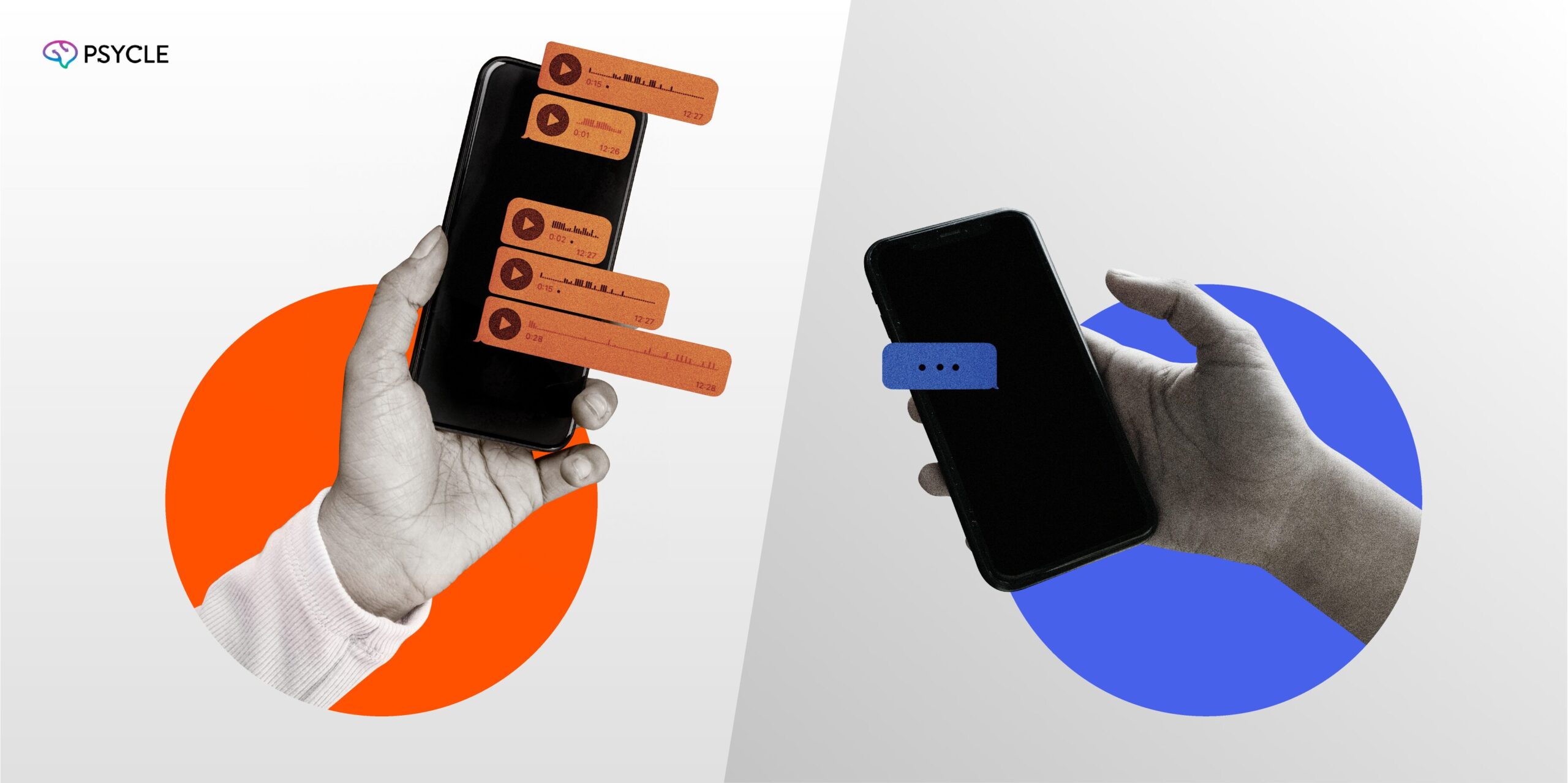Depression can often hinder one’s desire to engage with others, but it’s crucial to maintain meaningful relationships. Otherwise, you’ll experience feelings of isolation and loneliness. However, stepping out and connecting with people can have a positive impact on your mental health and help in coping with depression.
Key Takeaways
- Despite the challenges, socializing is important for individuals to maintain meaningful relationships.
- Understanding and openly discussing your depression with your family members can help them provide the necessary support.
- Confiding in trusted friends can offer an additional support system during difficult times.
- Setting boundaries and saying no to invitations when not feeling well is essential for self-care.
- Responding to invitations with genuine interest in reconnecting later can help maintain relationships.
- Explaining any changes in behavior to loved ones can foster understanding and support from them.
- Seeking professional help through therapy is highly recommended for comprehensive support.
Social health is an integral part of overall well-being, and maintaining human interactions in real settings is crucial for preventing and managing depression.
By implementing strategies like open communication, setting boundaries, seeking support, and prioritizing quality time, individuals with depression can navigate the challenges of socializing and find ways to nurture their relationships.
Strategies for Socializing with Depression
Overcoming the challenges of socializing with depression requires specific strategies and a proactive approach to managing your mental health. It may feel daunting at times, but by implementing these tips, you can navigate social interactions with greater ease and improve your overall well-being.
1. Prioritize Self-Care
Before stepping into social situations, it’s essential to prioritize self-care. Taking care of your mental and physical health can provide a solid foundation for socializing while feeling down. Engage in activities that bring you joy and relaxation, such as practicing mindfulness, exercising, or pursuing hobbies. Remember, taking care of yourself is not selfish—it’s necessary for your overall well-being.
2. Start Small
When socializing feels overwhelming, start small and gradually increase your interactions. Begin by reaching out to close friends or family members and arrange low-pressure activities, such as going for a walk or having a coffee together.
By starting with people you trust in comfortable settings, you can gradually rebuild your confidence and expand your social circle.
Also keep in mind that you may not need a lot of social support to feel seen. Introverts, for example, don’t need to spend a lot of time socializing to feel seen. Everyone needs some socialization though.
3. Seek Support
Don’t hesitate to reach out for support when you need it. Trusted family members, friends, or support groups can provide a safe space to share your feelings and experiences. They can also offer valuable advice and understanding.
Remember, you don’t have to face depression or socializing challenges alone—seeking support is a courageous step towards healing.
| Benefits of Socializing with Depression | Challenges of Socializing with Depression |
| Reduced feelings of isolationIncrease in positive emotionsEnhanced support networkOpportunities for personal growth | Social anxiety and discomfortLow self-esteem and self-doubtEnergy and motivation limitationsDifficulty connecting with others |
Remember, everyone’s journey with depression is unique, and it’s important to listen to your own needs and limitations. Celebrate the small victories and be patient with yourself. With time and practice, socializing can become a source of support, joy, and connection in your life.
Conclusion
Prioritizing social connections and seeking professional help are vital steps toward managing depression and improving your overall social life. When living with depression, socializing can be challenging, but it is important for maintaining meaningful relationships.
Depression can have a significant impact on romantic relationships, causing decreased intimacy, communication issues, and isolation. However, by understanding their depression and opening up to their partner about their mental health, individuals can take important steps in improving their relationship. It is crucial to ask for help when needed and prioritize quality time together.
For other relationships, individuals with depression can confide in trusted friends and family. It is important to say no to invitations when not feeling well and respond to invitations with a genuine interest in reconnecting later. By explaining any changes in behavior to loved ones, individuals can create understanding and maintain their connections.
It is essential to recognize the impact of depression on social functioning and take active steps to improve it. By seeking professional help through therapy, individuals can receive comprehensive support in managing their depression and improving their overall social life. With the right strategies and support system in place, individuals can overcome the challenges of socializing when depressed and create meaningful connections that contribute to their overall well-being.
FAQ
How does depression affect romantic relationships?
Depression can negatively impact romantic relationships by causing decreased intimacy, communication issues, and isolation.
How does depression affect other relationships?
Depression can lead to decreased interest in spending time with friends and family, causing strained relationships and isolation.
What can individuals with depression do to improve social functioning?
They can understand their depression, open up to friends and family about their mental health, and ask for help when needed.
How can individuals with depression manage their relationships with friends and family?
They can say no to invitations when not feeling well, respond to invitations with a genuine interest in reconnecting later, and explain any changes in behavior to loved ones.
Why is social health important for managing depression?
Social interactions in real settings are crucial for preventing and managing depression, as they contribute to overall well-being and provide support and connection.

